Presentation
SIGN IN TO VIEW THIS PRESENTATION Sign In
Invited Talk 2: Living in a Heterogenous World – How Scientific Workflows Bridge Diverse Cyberinfrastructure and What Can We Do Better?
DescriptionScientific workflows are now a common tool used by domain scientists in a number of disciplines. They are appealing because they enable users to think at high level of abstraction, composing complex applications from individual application components. Workflow management systems (WMSs), such as Pegasus (http://pegasus.isi.edu) automate the process of executing these workflows on modern cyberinfrastructure. They take these high-level, resource-independent descriptions and map them onto the available heterogeneous resources: campus clusters, high-performance computing resources, high-throughput resources, clouds, and the edge. WMSs can select the appropriate resources based on their architecture, availability of key software, performance, reliability, availability of cycles, storage space, among others. Using algorithms like those used in compilers, they can determine what data to save during execution, and which are no longer needed. Similarly to compiler solutions, they can generate an executable workflow that is tailored to the target execution environment, taking into account reliability, scalability, and performance. WMS use workflow execution engines to run the executable workflows on the target resources, while the jobs within the workflow are managed by the host runtime system. This talk will describe the key concepts used in the Pegasus WMS and pose the question of how to improve workflow management systems to be more dynamic and resilient.
Event Type
Workshop
TimeMonday, 13 November 202310:30am - 11:10am MST
Location710
Algorithms
Heterogeneous Computing
Large Scale Systems
W

